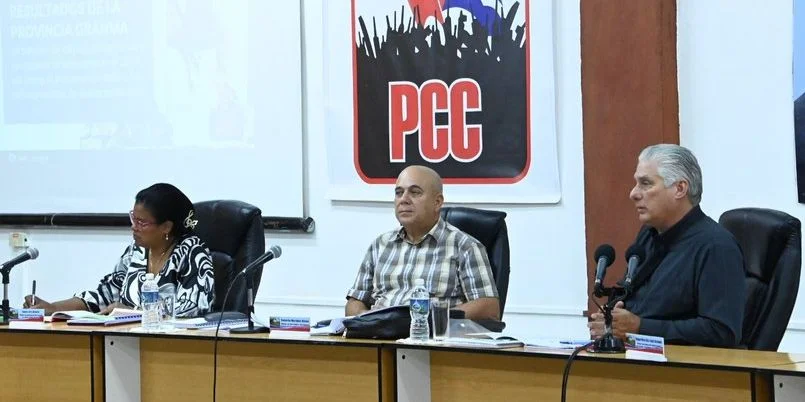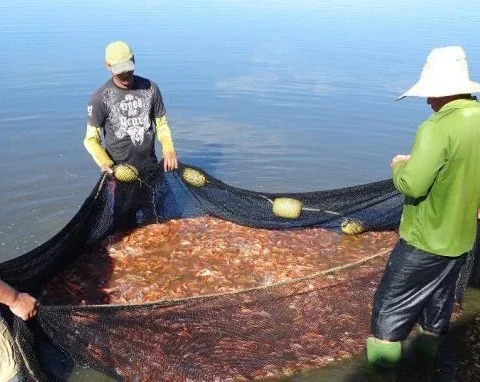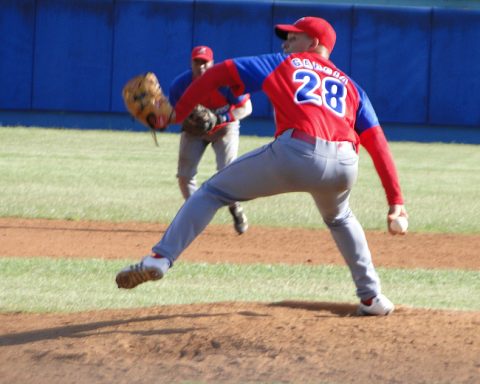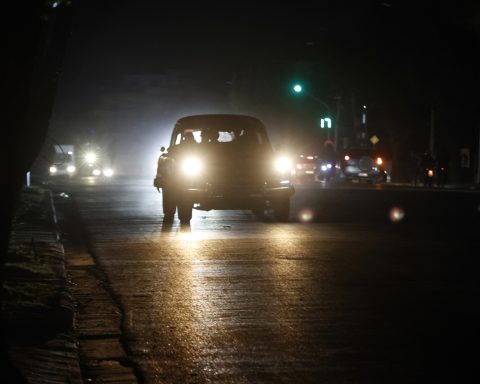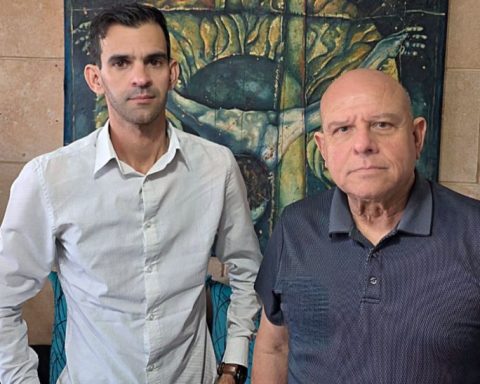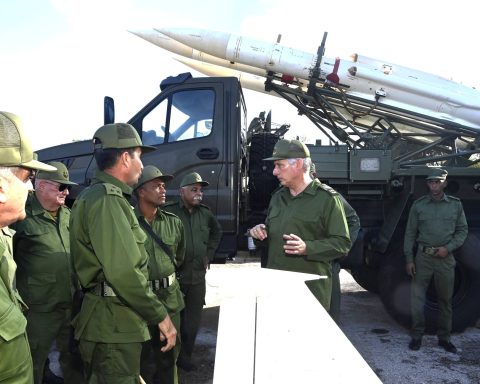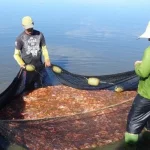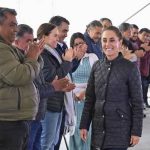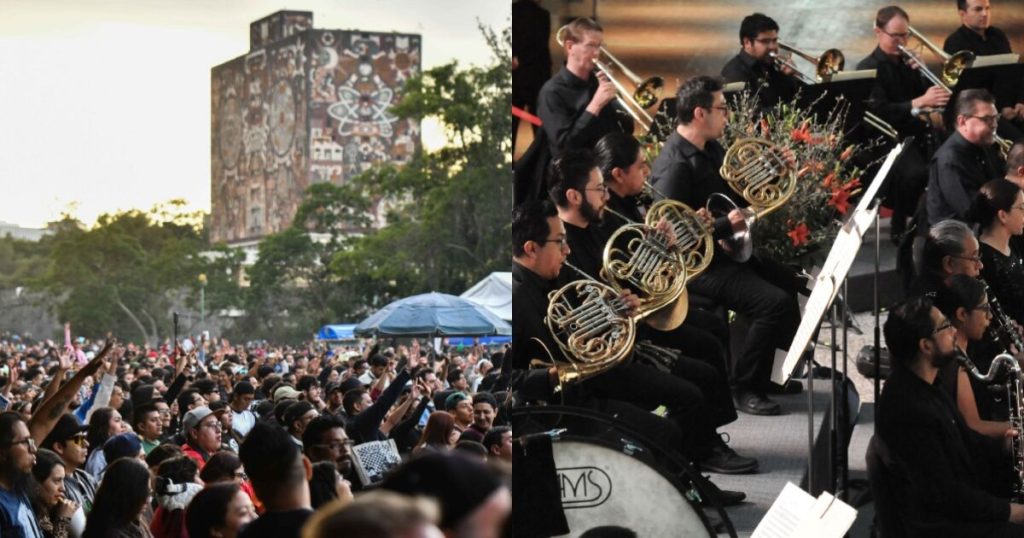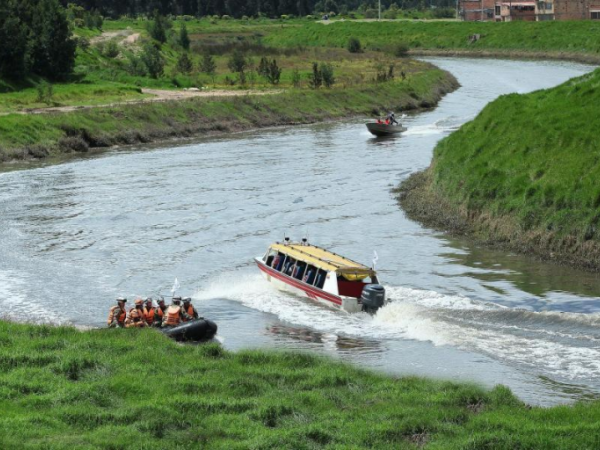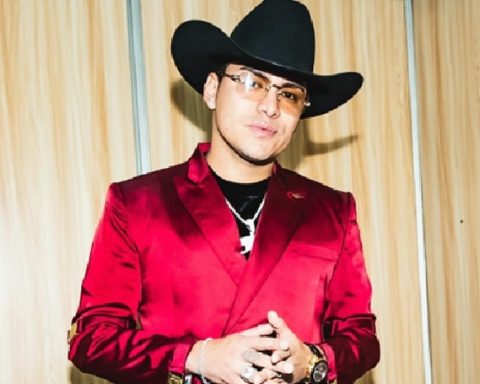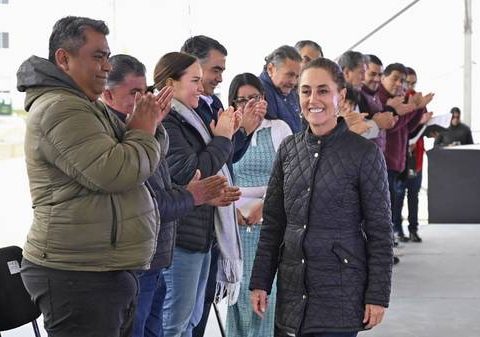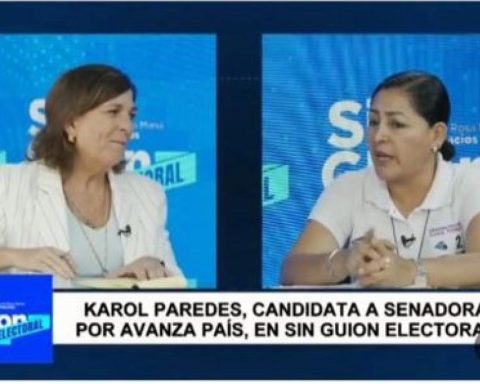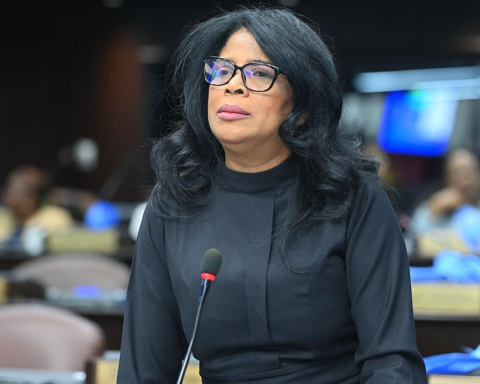HAVANA, Cuba. – These days, part of the Cuban ruling elite, which includes the president, Miguel Diaz-Canel and the second in command in the Communist Party, Roberto Morales Ojeda, visited several provinces with the aim of checking the measures taken in each territory in pursuit of the vaunted mission of “eliminating distortions and re-boosting the economy.”
The delegation’s journey through eastern lands included the provinces of Granma, Guantánamo and Santiago de Cuba. In each of these places, in addition to the decline in economic indicators, the daily calamities that ordinary Cubans must face surfaced, including delays in the arrival of basic food baskets at grocery stores, the blackoutsthe lack of public transport, the growing inflation…
If there was anything new in these plenary sessions of the Provincial Committees of the Party, it was the recognition by the political leaders of the three provinces mentioned of the deficiencies existing in the internal life of the party in their territories. Although they did not specify what these deficiencies are, it is not difficult to imagine that they are related to the lack of authority of the Party before the mass of workers, the loss of exemplary character of its militancy, as well as the refusal of many workers, among them the young people who leave the ranks of the Party. Union of Young Communiststo join the ranks of the PCC. It was argued that such a state of affairs may be influencing the economic and productive non-compliances that are reported.
The top party leader in Santiago de Cuba even said that in her province there are workplaces that do not have PCC centers. That is, places where none or almost none of the workers want to be part of that political organization. A situation that, we imagine, must cause alarm within the machinery of power, since in these cases there is no way to transmit ideological directives to the base.
Both Díaz-Canel and Morales Ojeda, who have always argued for the importance of the political-ideological factor for the proper functioning of economic activity in the territories, insisted on the need to work as soon as possible to reverse the downward trend shown by the Party.
In the case of the ruler, trying to wrap himself in a certain dose of optimism, called to “find the vanguard and attract it to the ranks of the PCC,” and then conclude that “the vanguard must be distinguished, and that vanguard among our people is numerous.”
If we take a look at the composition of the ranks of the PCC, we notice that, basically, there are two types of militants. There is the exploited militant and the exploited militant, whom many people call “militonto”.
In the first classification are grouped those who join the Party in search of some kind of prebend or social advantage, and of course here we also see the hierarchy of the regime, possessing all the comforts of modern life and turning their backs on the suffering of the people.
The “militontos”, on the other hand, believe in the demagogy of the higher echelons of the Party, suffer the same shortcomings as the average Cuban, and only serve as cannon fodder to carry out the directives drawn up by the top of power. And in the end, since they have a red card in their pocket, they cannot refuse anything.
Of course, the heir of the Castros, when thinking of the “numerous vanguard” that he claims exists in our people, conceives of the many “militants” who could put themselves at his command. But it happens that many citizens are already aware of the sad role that awaits them in the PCC, and consequently they are increasingly reluctant to join its ranks.
